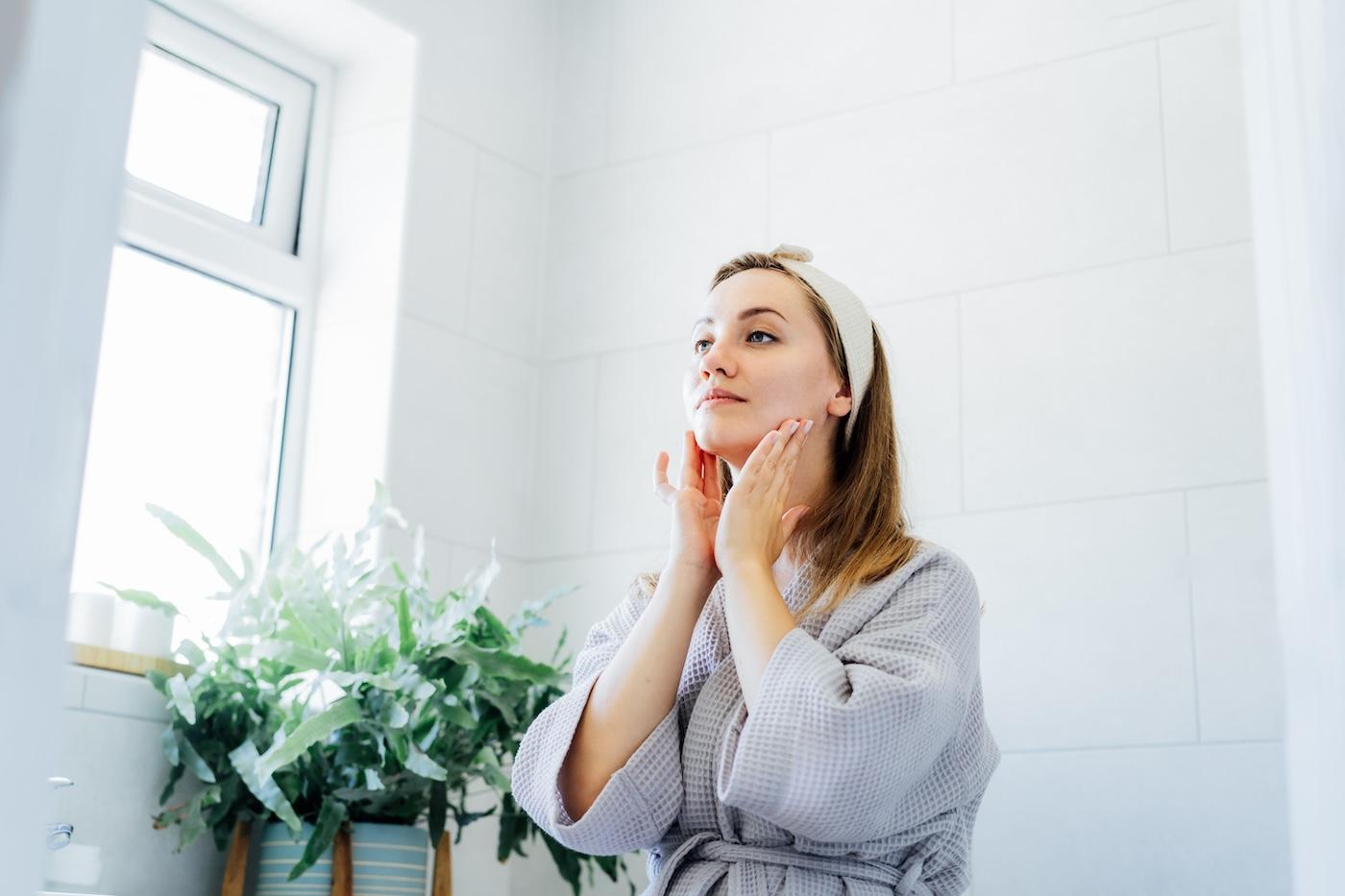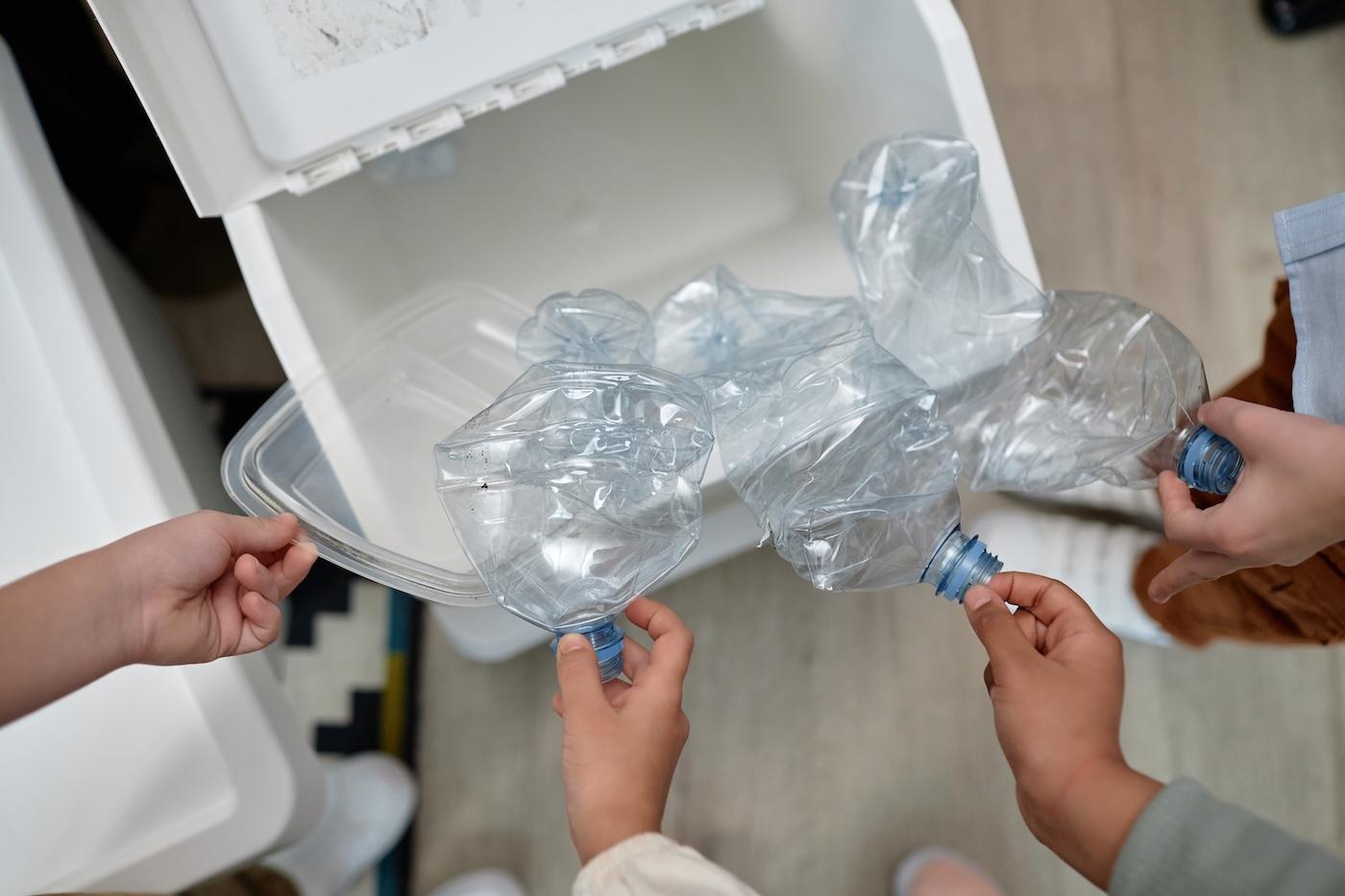PARENTS
What Families Need to Know About the Amazing New COVID Vaccine
The news of a much-anticipated COVID vaccine is a welcome ray of light at the end of a very long dark tunnel—here’s what parents need to know.

Written by
Dr. Harvey Karp

COVID has completely upended our world this year and has tragically claimed the lives of over 300,000 of our friends and neighbors. (That’s more Americans than all those who died in combat during World War 2!). Now, the news of a much-anticipated vaccine is a welcome ray of light at the end of a very long dark tunnel. That’s something wonderful to cheer about, but it also brings up quite a few questions.
For starters, as with any new drug or medical procedure, you may want to know about all the safety testing that was done before the vaccine was given the green light. So, to cut through the jumble of gossip and misinformation out there, I’ve tried to answer some of the most common questions about the new COVID vaccine. Here’s what families need to know about the COVID vaccine.
Is the COVID vaccine safe?
Yes! The COVID vaccine is safe. Pfizer’s vaccine was the first to be authorized for emergency use by the FDA it was tested on 44,000 people with “no specific safety concerns” identified. And, Moderna’s vaccine, which is also authorized for emergency use, was tested on 30,000 people. Only 11 people who got the Moderna vaccine got COVID (none of them got severely ill). On the other hand, 195 people in the Moderna study who did not get the vaccine did come down with the virus. That’s a 94% effectiveness against COVID and 100% protection against serious disease.
As with any immunization, a few minor side effects were observed. These COVID vaccine side effects included:
- Fever that lasts under 24 hours
- Swelling, pain, or redness at the injection site
- Temporary fatigue
- A very few cases of severe allergic reaction (all easily treated)
These symptoms are usually gone in less than a day.
Will the COVID vaccine give you COVID?
Nope, that is quite impossible. Neither of the authorized vaccines use a live virus. They just use a teeny tiny bit of the virus (think of it as one word from this entire blog) to get your body making an excellent immune response. The result: You have no COVID exposure, but you will be on your way to having strong COVID protection.
It is important to note that these vaccines are excellent, but they’re not magic. You won’t instantly be protected. It will take a couple of weeks for your body to develop strong immunity. And, you will need a second dose to make sure you have protection…and to keep you from becoming a carrier (making the people around you sick). So, it is critically important that you continue wearing a mask and social distancing.
Has the COVID vaccine been determined to be safe for all kids?
Not yet. Pfizer has included children only as young as 12 in their vaccine study. The vaccine they’ve rolled out is approved for children 12 and older. Moderna and Janssen have each started studies on vaccine safety for children, however the age limits are not yet known. The only known COVID vaccine that is safe for children ages 5 to 12 is from Astra Zeneca, but that was only studied on children in the UK and not in the US.
As scientists work to study vaccine safety in kids, the roll-out of a vaccine for tykes may not be ready for several months. By some estimates, little kids won’t have access to a vaccine until late 2021…so that’ll require continued patience from us…as well as continued masking and distancing!
Is the vaccine safe for pregnant women and breastfeeding mothers?
If you’re pregnant or breastfeeding…should you get the vaccine? Research is ongoing, but one promising study found that the vaccines produced an immune response in pregnant and lactating people, and also protect against two dangerous COVID variants. Researchers have also seen COVID antibodies in breastmilk and cord blood, meaning that vaccinated mamas may be able to pass them onto your baby. Another study found no evidence that either the Pfizer or Moderna vaccines damaged the placenta during pregnancy. If you have questions or concerns, don't hesitate to talk to your healthcare provider to hear their recommendation for you.
How long will it take until we’re all protected from COVID-19?
We can’t really breathe a collective sigh of relief until 70 to 80% of the population has an immunity from the deadly virus. That means that everyone who can, should take the vaccine…that includes people who have already had COVID.
Who is eligible for a COVID vaccine?
In the US, all adults are eligible. In addition, Pfizer's vaccine has been authorized for use in children 12 and up.
How quickly does the COVID vaccine work?
Currently, the COVID vaccine requires two shots given about three to four weeks apart. The vaccine is only present in your body for 24 hours, enough time to “teach” your body what COVID is and to nudge your immune system to jumpstart the process of creating an immunity. You are not considered fully vaccinated until two weeks after your second dose (if you received Pfizer or Moderna) or two weeks after your first dose (if you received Johnson & Johnson).
As we wait to be fully vaccinated, it’s important that we keep taking precautions like masking up, physical distancing, and avoiding high-risk situations. Like most things in life…it’ll be well worth the wait!
MORE: I'm vaccinated, but my kids aren't...what's safe?
Disclaimer: The information on our site is NOT medical advice for any specific person or condition. It is only meant as general information. If you have any medical questions and concerns about your child or yourself, please contact your health provider.
SHARE THIS ARTICLE
MOST LOVED
Sleepytime Sidekicks












